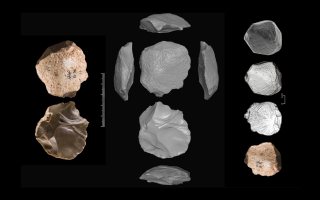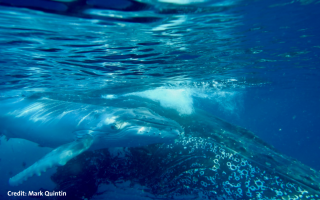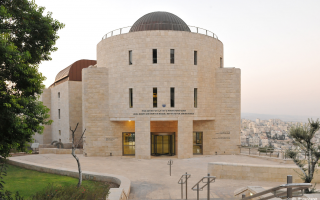From Pets to People: Canine Eyedrop Study Offers Insights for Human Eye Care
A promising new discovery from the Hebrew University of Jerusalem reveals that cross-linked hyaluronic acid (XHA) significantly enhances the retention and concentration of topical antibiotics in the tear film of dogs. Compared to traditional formulations using polyvinyl alcohol (PVA), the XHA-based eyedrops maintained higher drug levels for longer durations. This innovation not only suggests improved treatment outcomes for veterinary patients – it also carries meaningful implications for human medicine.












